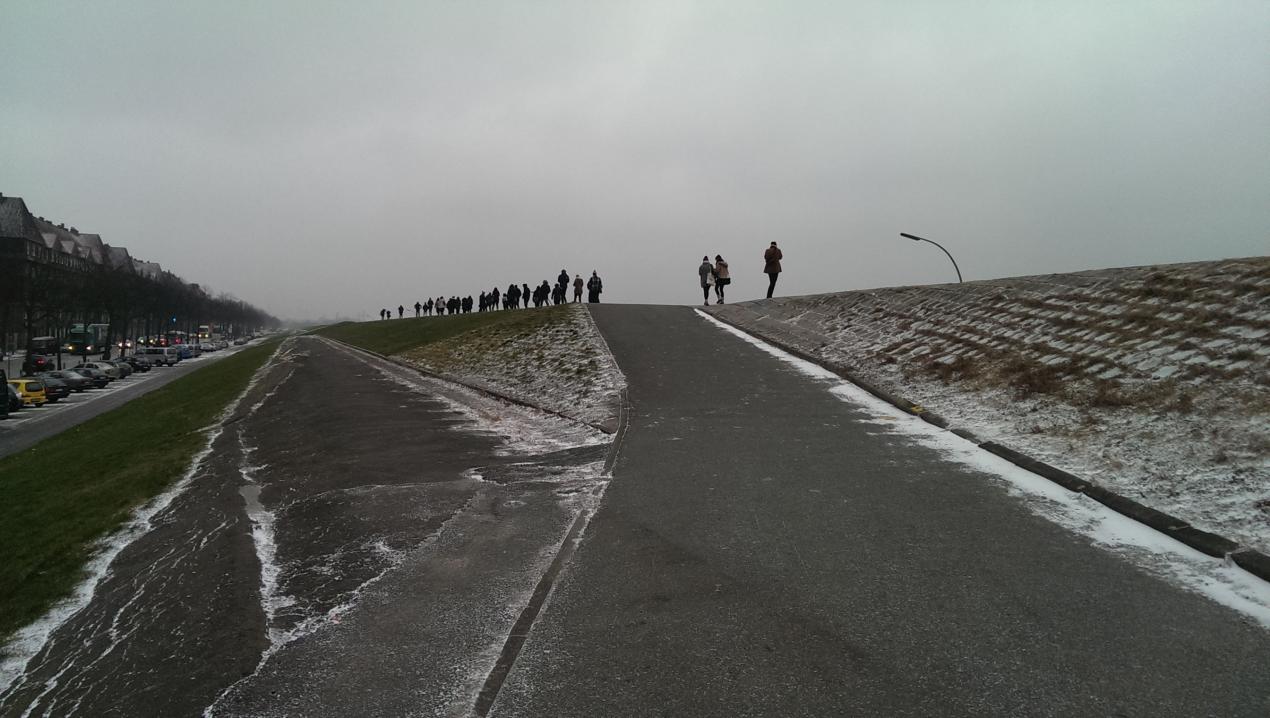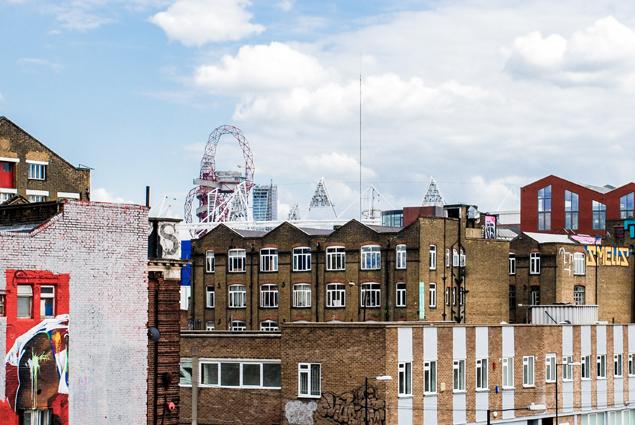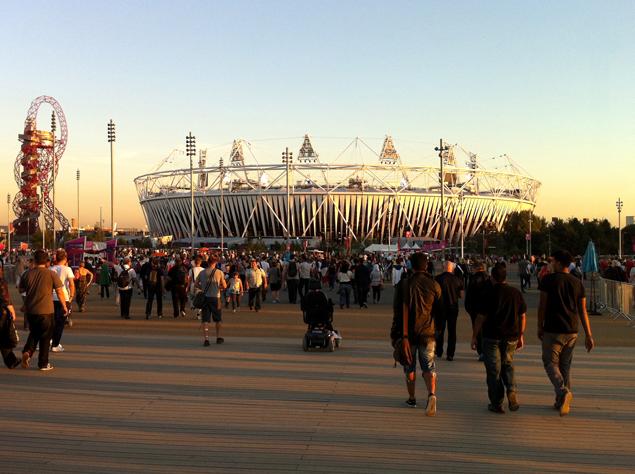Kleine Pause, a busy little family-run café in Wohlwillstrasse, Hamburg. Currybratwurst, Rostbratwurst, Schinkenwurst. Sam, Lucy, Alex and I have reached the end of a day endurance drifting the city. Losing our bearings, finding them and losing them again, phew. Our approximate route identified with heavens gaze (google-earth), views sought from local friends, (spotted-by-locals), and sweeps of The News for Street Activity (Das Real Life Game in der Gefahrenzone Hamburg). The drift sampled a range of conditions encouraging comparisons to be drawn with Hackney Wick and Poplar - areas of East London that have been the focus of two years of drifting by myself and Chloe Street creating ‘Lea Valley Drift’.
London Olympics

Drift Mapping Hamburg. Hafencity > Fish Island, Bakewell > Berliner, Here > Eternity…

Hackney Wick - From Fringe to Centre (Part 2)
I have taken the opportunity to revisit Hackney Wick after the Olympic Games (read about my previous ventures in the area in part 1 of this blog), through tutoring the Urban Transcripts workshop. The interdisciplinary workshop under the umbrella topic London the (n)ever Changing City was alluding to the nature of London as a juxtaposition of the old and new, and came very timely as the public eye shifted from the success of Team GB to the legacy of the Games. In collaboration with my guest tutor Joanne Pouzenc we decided to focus on Hackney Wick and its transformation From Fringe to Centre. We wanted to investigate whether it is possible to integrate the unique and until now relatively protected existing community with a completely new part of the city with a fundamentally different character, without losing some of the diversity and richness that Hackney Wick has developed in the last decade.

Hackney Wick - From Fringe to Centre (Part 1)
For me, London 2012 Olympics have been an opportunity to study the process of city transformation in real time and place: not far away from where I had moved almost 8 years ago, the London Olympic Park started shaping up. In 2005, London emerged as the unexpected winning bidder for the 2012 Games, overtaking Paris in the last round with an aspiration and promise to create first truly sustainable Olympics, not only in terms of sporting legacy, but in terms of regenerating east London’s Lower Lea Valley. An area with vast zones of deprivation, the Olympics presented a once in a lifetime opportunity for the centre of London to be expanded towards the east with investment into the Games trickling to the neighbouring communities.
